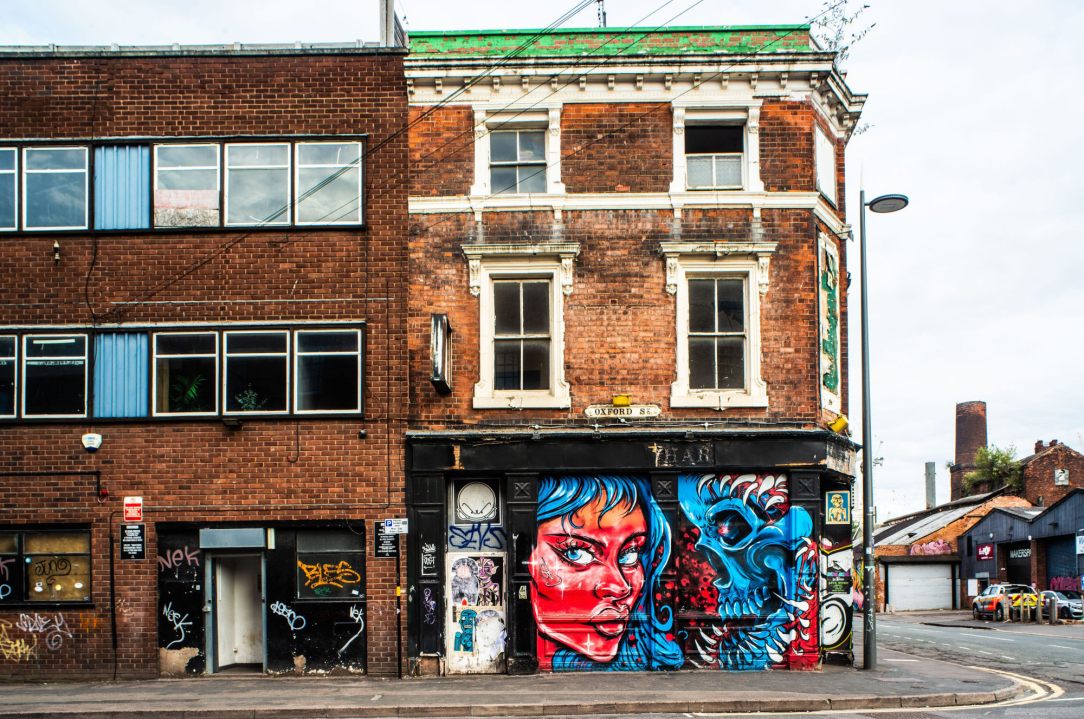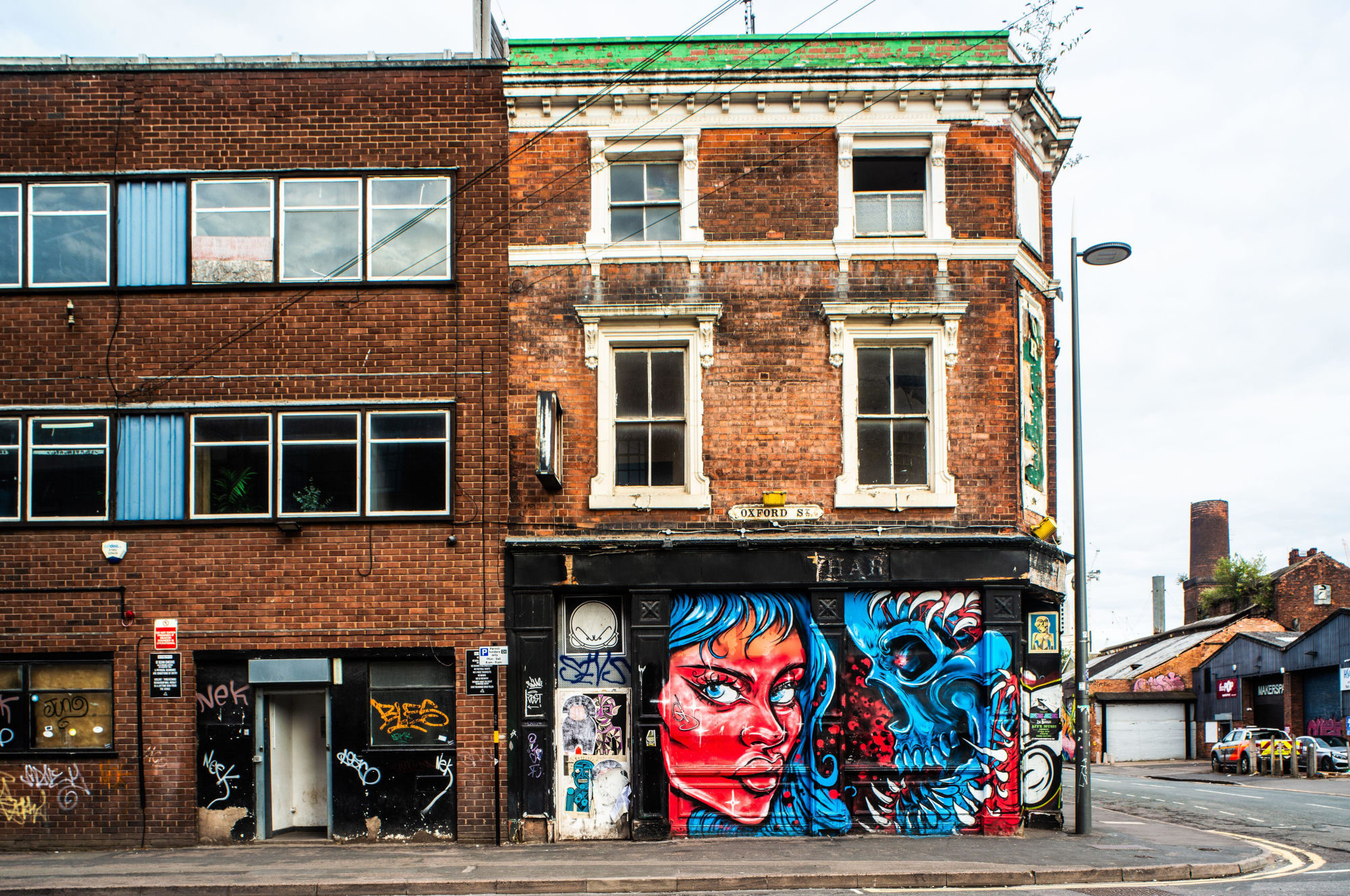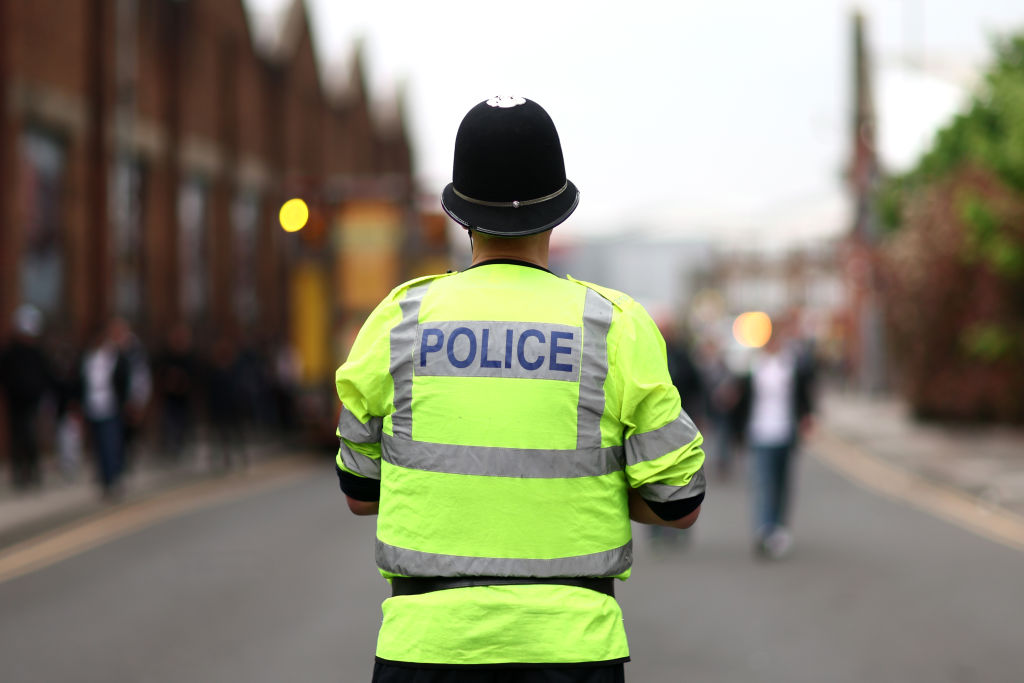It is strange to see Maccabi Tel Aviv fans banned from a Villa match because the British state won’t protect them from Islamist mobs. I grew up in Birmingham – my formative under-age drinking took place by Villa Park – and it was a more racially mixed environment than any other I’ve come across outside my NHS work. Although I was Jewish, I never felt threatened. My experience of Birmingham – which might not have been yours, but was nevertheless mine – was of a city with a high degree of racial harmony.
I thought the cracks I saw at 16 were superficial, that medieval impulses had no real purchase on my friends’ lives. I was wrong
This was in the 1980s. We had moved from north London, where being Jewish was ordinary, to a rundown, red-light bit of Birmingham, where it was not. At a violent school, bullying was carried on in the traditional manner – eagerly, with the full expectation from the teachers that it was as normal as the weather. Being Jewish never came up. Partly it was so rare it escaped attention and partly, being fully assimilated, it never much even occurred to me.
Playing cricket one lunchtime, I spotted I was the only white kid in the whole match. I noticed it without much interest; no one else seemed to notice at all. Football was more mixed, an even split of white and Asian kids, with a few black and Chinese ones thrown in. Racial abuse was common, but abuse for every other reason was common also, and neither in sports nor in social groups did kids split down ethnic lines.
The school had once been a secondary modern, renamed when comprehensives came in but never transformed. My parents, who disliked streaming, presumably found comfort in the new name, though the reality was that kids were more likely to go on to prison than to university. For A levels, I went to a Roman Catholic sixth form college. About 50 per cent of the students were Muslim, a fact which led the church to deem the college futile a short time later, and close it down. The atmosphere was kinder and more thoughtful, and I remember no racial abuse at all. Again, social groups split along the normal fault lines for adolescents – how cool you were, what music you liked – and seemed largely indifferent to ethnicity.
Parties were often at Digbeth’s Irish Centre. There I was asked several times, by older gentlemen who were drinking there, about my religion. The question made me start to think of myself as Jewish, because I found this was my answer, although my adolescent atheism made Richard Dawkins look agnostic. Yes, they responded, but was I a Catholic Jew, or a Protestant Jew? I have since heard the question as part of a joke, but I was asked it in earnest. I didn’t understand, and was unable to answer, but without fail I was made to feel welcome. Being part of a group that came from the Roman Catholic college helped – it meant we supported Aston Villa rather than Birmingham City, whose songs contained suggestions for the Pope and the IRA – but so did the genuine tolerance for kids that existed in that Irish community. Republicanism here was serious, to the point of bombings, but it came seemingly without any accompanying racist resentment.
At sixth form I noticed for the first time an ethnic division. I remember the shock. The fatwa had been issued against Salman Rushdie. Our response divided neatly along ethnic lines. The Asian kids – by which I mean Pakistani in origin – thought the fatwa reasonable. You could not be so wilfully insulting towards what mattered most to others and expect your words to go unavenged. The rest of us – white, black, Chinese – thought free speech mattered more, and were baffled at the notion that a religious insult would be something you felt the need to avenge, rather than shrug off.
We were unable to discuss our positions in any useful way. Our principles and our presumptions were too deep rooted to be derived from argument, and arguments could not bridge them. All that was left was mutual misunderstanding. I remember the novelty of the feeling, and remember also the conviction that it was a minor thing – bewildering, but not meaningful compared to the great bulk of what we had in common. I had the belief that medieval views – that you murdered someone for religious belief – were in the past, and that my friends were expressing a momentary aberration, an echo of some vanishing relic, and not a deeply held premise.
No one would deny that racially mixed communities can work and can be enriching. No one should deny that they can fail. I thought the cracks I saw at 16 were superficial, that medieval impulses had no real purchase on my friends’ lives. I was wrong. The cracks were foundational; whether they had to be is a different question. Making multiculturalism work requires ruthless honesty about where it’s failing, and the courage not to yield to sectarian bigots. Allowing one group to make another unsafe, through hate marches or through threats of violence at football matches, is to fail badly. Pretending otherwise doesn’t make us tolerant, it makes us cowards.








Comments